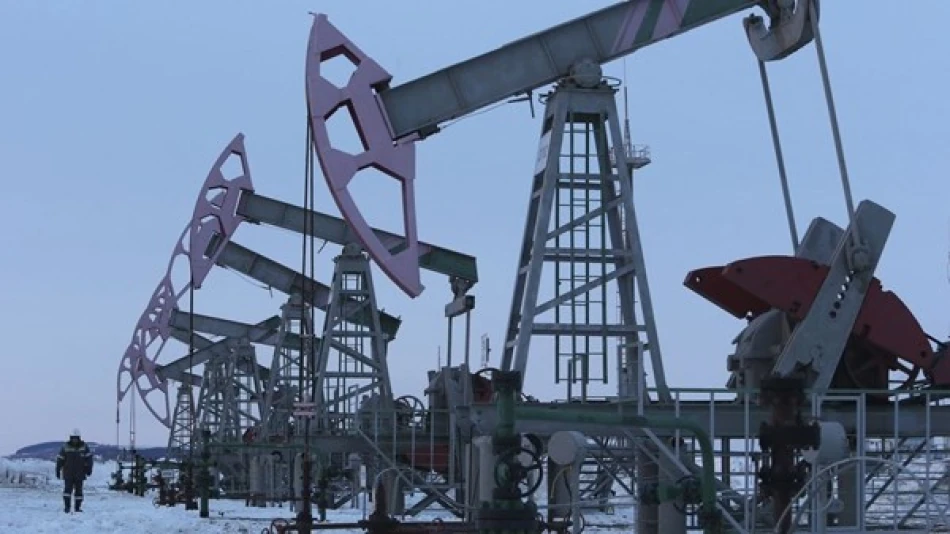
India to Maintain Russian Oil Purchases Amid Global Tensions
India Defies Trump's Sanctions Threat, Vows to Continue Russian Oil Purchases
Despite escalating pressure from President Donald Trump and threats of additional sanctions, India is standing firm on its energy security strategy, with government sources confirming the country will continue purchasing Russian oil through existing long-term contracts. This defiance highlights the complex geopolitical balancing act facing major emerging economies caught between Western sanctions and their own economic interests.
Delhi Doubles Down on Energy Independence
Two senior Indian government officials, speaking on condition of anonymity due to the sensitive nature of the matter, made clear that New Delhi has no intention of abandoning its Russian energy partnerships. "These are long-term oil contracts... it's not easy to stop purchasing overnight," one source explained, emphasizing the practical challenges of rapidly restructuring energy supply chains.
The stance directly contradicts Trump's recent claims that India would cease Russian oil imports. Speaking to reporters on Friday, Trump suggested he had heard India would no longer buy Russian crude, following his earlier threats on Truth Social warning of sanctions against countries purchasing Russian weapons and energy.
Strategic Energy Partnership Under Pressure
India's position reflects a calculated risk that prioritizes energy security over potential Western sanctions. Russia has become India's primary oil supplier since the Ukraine conflict began, providing approximately 35% of the country's total oil imports at significantly discounted rates compared to global benchmarks.
Foreign Ministry spokesperson Randhir Jaiswal reinforced India's independent stance during a routine briefing, stating that energy procurement decisions are based on "what is available in the markets, what is on offer, and the ongoing global situation." He emphasized that India maintains an "established partnership that has not changed with time" with Russia.
Market Reality vs. Political Rhetoric
While Indian officials maintain their defiant public stance, market dynamics tell a more nuanced story. Industry sources revealed that Indian refineries have actually begun scaling back Russian crude purchases in recent weeks, with state-owned companies reportedly making virtually no new Russian oil requests over the past week.
This suggests that while India refuses to bow to direct political pressure, commercial considerations and sanctions risks may be naturally cooling the relationship. The gap between official policy and corporate behavior reflects the complex calculations facing Indian energy companies operating in an increasingly fragmented global market.
Global Energy Chess Game
India's resistance mirrors similar challenges faced by other major emerging economies seeking to maintain strategic autonomy while managing relationships with both Russia and the West. Unlike smaller nations that quickly aligned with Western sanctions, India's size and economic importance provide leverage to resist immediate compliance.
Trump's threat of 100% tariffs on countries purchasing Russian oil unless Moscow reaches a peace agreement with Ukraine represents an escalation in economic warfare tactics. However, the effectiveness of such threats against major economies like India remains questionable, particularly when energy security is at stake.
Implications for Global Energy Markets
India's continued engagement with Russian energy suppliers, even if gradually diminishing, helps sustain Moscow's oil revenues while providing Delhi with cost advantages crucial for its economic growth. This dynamic complicates Western efforts to isolate Russia economically and demonstrates the limits of sanctions when applied to essential commodities.
For global energy markets, India's position signals that emerging economies will prioritize national interests over geopolitical alignment, potentially creating parallel trading systems that circumvent traditional Western-dominated financial infrastructure. This trend could accelerate the fragmentation of global energy markets along geopolitical lines, with lasting implications for pricing mechanisms and supply security worldwide.
Most Viewed News

 Layla Al Mansoori
Layla Al Mansoori






